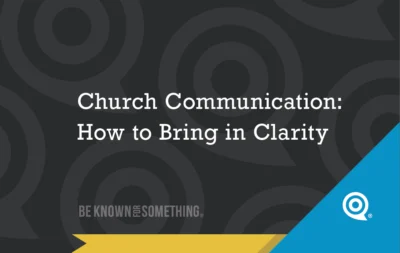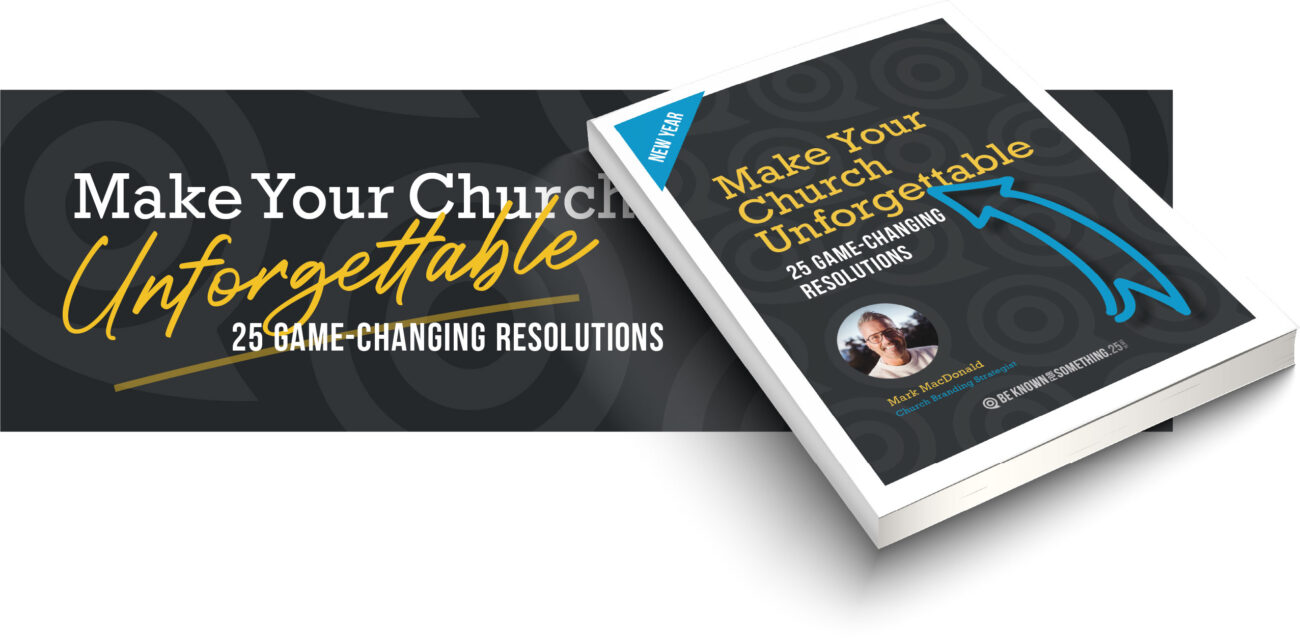5 Steps to Developing an Engaging Sermon Series

There are only a few constants in a church service. Singing, the offering, and the sermon. In most churches today, the singing isn’t original to the church (unless they have talented songwriters), the offering is a means of worship but is rarely original, while the sermon is what truly attracts an audience. Or at least it should.
But how does a Pastor create a Sermon Series that’s not simply copied from something they’ve seen on a website, in social media, or from the church across town? Let’s be creative!
Naming it properly allows people to understand why they should listen; but even more importantly, it helps them engage with the service, connect with the Pastor, and interact with their week to come. The sermon is critical to our walk. And often it determines whether someone enjoys the service or is challenged by scriptural truth.
Here are 5 steps to developing an engaging sermon series (that’s unique and creative):
- Start with your Congregation (remember they come from your Community). Stereotype them. Effective communication rises and falls on how well you know your audience. If you can baseline them into a stereotype you have a better chance of saying something relevant to them. This stereotype is called a communication persona. Know and describe your church’s persona. Prepare every sermon as though there’s a representative of that person in front of you at your desk. Listen to them talk about life. Remember that they need to represent your community too.
- What is their ideal world? What are they trying to achieve? Overcome? Solve? To every great story, there’s something that needs to be accomplished. That story arc is essential for a sermon series. Know where you’re going to take your persona. Make sure they want to go! Or give them a picture that motivates them to want to be there.
- What barriers keep them from achieving it? This is where the music changes in the movie plot. Many people have dreams of an idyllic life but… _______________. This is pivotal to your series. Is there one sermon that dwells on the barriers? Or is there a different (or same) barrier that needs to be overcome in every sermon? The more you acknowledge the barrier and make it personal, the more empathy and engagement you can achieve.
- Is there someone in the Bible with the same goals, problems, or barriers? Or perhaps Jesus talked about them? Since every great sermon has a scriptural foundation, this is the critical connection that needs to be made. Some discover the connection first as they study scripture, while others discover the life application and then connect the scripture.
- Be creative with the name. Use it to make a claim that describes the journey or the goal. Challenge your persona to dream, want to take a journey, or join the story! This is the power of a great sermon series that
Want 25 Game-Changing Resolutions?
Related Posts

Church Communication: How to Bring in Clarity
In the new year, pastors often set goals. They want to grow attendance, launch new ministries, or strengthen discipleship. However,

Church Branding: Why Every Church Is Known for Something
Everyone is known for something, including your church. This is the heart of church branding. The real question isn’t whether

Church Welcome Video Tips Every Pastor Should Use
Your church welcome video is often the first message people experience before they ever step into your building. Long before

